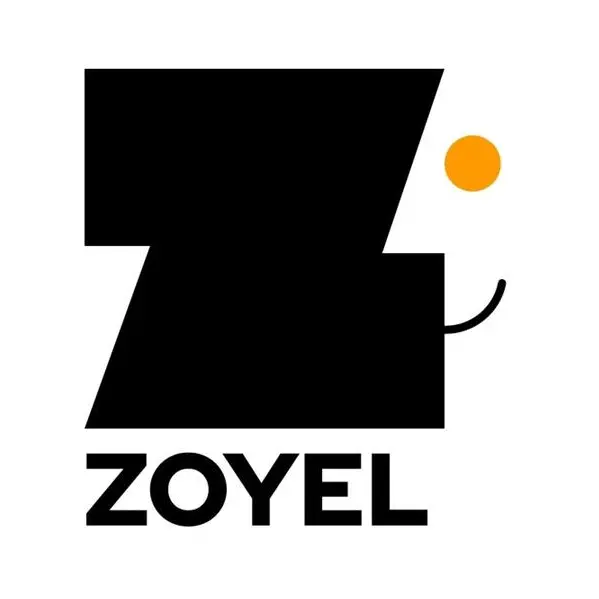Kuwait: A new report recently released by Kuwait Financial Centre “Markaz” has stated that Kuwait’s banking system would continue to face pressure in terms of profitability and asset quality for the rest of the year. Titled ‘Kuwait Banking Sector Outlook 2020 – Asset quality under pressure as operating environment turns challenging,’ the report discusses in depth about the impact of the COVID-19 pandemic on key factors such as credit demand, deposit growth and net interest margin for the banking sector. It also captures the impact on non-performing loans (NPLs) and the prospects of profitability of Kuwaiti banks for the next few quarters.
The Markaz report indicates that the pandemic is expected to add considerable strain to Kuwait’s banking sector in 2020 and 2021. Lockdown measures and subsequent plunge in oil prices is expected to reduce economic activity to levels not seen in decades. The unique nature of the crisis, where both the supply and demand has been impacted, needs to be effectively addressed by policy measures. A lack of sizeable fiscal stimulus to support the economy and spurt in distressed businesses could increase the burden for the banking sector and the costs in the long-term could be prohibitive.
With the business environment immensely challenged amidst the COVID-19 pandemic, the report notes, demand for financing and credit to sustain businesses, particularly small and medium enterprises (SMEs), amid near-zero revenues has surged. The Kuwaiti government has extended benefit measures for SMEs in the form of subsidized loans i.e. interest waivers. However, the onus of loan origination, administration and due diligence checks fall on banks exacerbating operational risk.
Further, credit demand is expected to be moderate at 4.0% (YoY basis) in 2020 due to the fall in economic activity and output caused by the restrictions laid by the government. Supply-side constraints like labor force shortfalls in expat-dominated sectors are also expected to keep economic activity subdued.
Similarly, for the listed banks, deposit growth is expected to fall to 5.0% for 2020, down from 8.1% witnessed in the previous year. Possible job losses and lower interest rates for deposits are expected to drive the contraction. Further interest rate cuts to stimulate economic growth will have negative outcomes in deposit mobilization, the report warns.
The Markaz report also highlights that gross NPLs are expected to shoot up to 4.7% in 2020, up from 1.8% in 2019. Defaults are likely to be more in sectors such as real estate, where the financial leverage of some borrowers may be relatively large. However, Kuwaiti banks have the highest loan loss allowances of all GCC countries, which provides buffers for the banks to absorb higher and unexpected losses.
Notably, profitability for 2020 is expected to fall, with net income reducing from KD 1,202 million in 2019 to KD 592 million in 2020, due to lower operating income consequent to contracting Net Interest Margins and lower non-interest income due to subdued business activity.
Speaking on trends and prospects, the report says that the outlook for Kuwait banking could change under the conditions including the provision of additional fiscal stimulus to assuage the economic damage, rebound in oil prices, active privatization measures and aggressive reforms on the upside and increase in virus infection caseload, return of lockdown restrictions and further deterioration of economic activity on the downside. However, it is hopeful that positive developments on potential vaccines for COVID-19 would be a game-changer.
The report further states that apart from the short-term stress on banking operations, the impact of COVID-19 will be felt in other ways such as changes in consumer behavior, which would then have an impact on the banking sector. The pandemic would be a driver for greater digitization in the banking sector. The marketing and sales of products would start flowing from digital channels, as customers tend to avoid physical visits to bank branches and ATMs. High smartphone penetration and a young demographic profile would help in quicker adoption of digital banking channels. More customers will start demanding pro-digital features such as contactless payments, branchless account opening and digitized lending. Banks will have to upgrade their systems accordingly to keep up with the advancements in the financial service space and might have to partner with smaller fintech firms in the short term to avail digital services that the new-age banking customer demands.
-Ends-
About Kuwait Financial Centre “Markaz”
Established in 1974, Kuwait Financial Centre K.P.S.C “Markaz” is one of the leading asset management and investment banking institutions in the Region with total assets under management of over KD 1.14 billion as of 31 December 2019 (USD 3.77 billion). Markaz was listed on the Boursa Kuwait in 1997.
For further information, please contact:
Sondos Saad
Media & Communications Department
Kuwait Financial Centre K.P.S.C. "Markaz"
Tel: +965 2224 8000
Fax: +965 2246 7264
Email: ssaad@markaz.com
www.markaz.com
© Press Release 2020
Disclaimer: The contents of this press release was provided from an external third party provider. This website is not responsible for, and does not control, such external content. This content is provided on an “as is” and “as available” basis and has not been edited in any way. Neither this website nor our affiliates guarantee the accuracy of or endorse the views or opinions expressed in this press release.
The press release is provided for informational purposes only. The content does not provide tax, legal or investment advice or opinion regarding the suitability, value or profitability of any particular security, portfolio or investment strategy. Neither this website nor our affiliates shall be liable for any errors or inaccuracies in the content, or for any actions taken by you in reliance thereon. You expressly agree that your use of the information within this article is at your sole risk.
To the fullest extent permitted by applicable law, this website, its parent company, its subsidiaries, its affiliates and the respective shareholders, directors, officers, employees, agents, advertisers, content providers and licensors will not be liable (jointly or severally) to you for any direct, indirect, consequential, special, incidental, punitive or exemplary damages, including without limitation, lost profits, lost savings and lost revenues, whether in negligence, tort, contract or any other theory of liability, even if the parties have been advised of the possibility or could have foreseen any such damages.



















